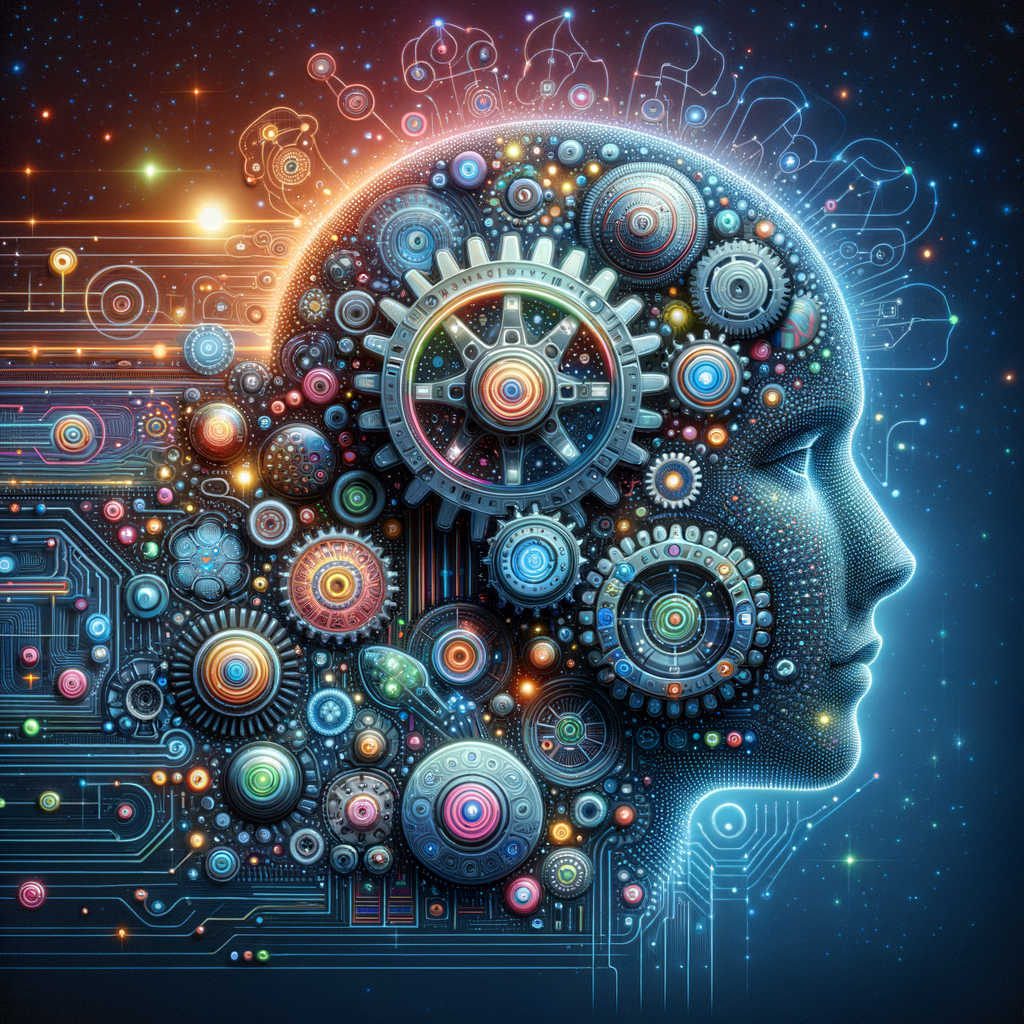
Crafting Intelligent Workflows: Exploring the Symbiosis of AI and Workflow Automation
Discover the fascinating world of AI-powered workflow automation, where cutting-edge artificial intelligence technologies seamlessly integrate with existing systems to revolutionize business processes. Uncover how companies are leveraging AI to optimize resource allocation, streamline operations, and drive innovation, leading to increased efficiency and productivity across various industries.
Crafting Intelligent Workflows: Exploring the Symbiosis of AI and Workflow Automation
Introduction
In today's fast-paced business landscape, organizations continuously seek ways to improve efficiency and productivity. One of the most significant advancements in achieving these goals is AI-powered workflow automation. By integrating artificial intelligence with traditional automation processes, businesses can create intelligent workflows that adapt, learn, and optimize tasks automatically.
Workflow automation involves using technology to perform repetitive tasks or processes in a business where manual effort can be replaced. AI enhances this by adding capabilities such as decision-making, predictive analytics, and language processing. This synergy transforms basic automation systems into intelligent, dynamic platforms.
The Integration of AI in Workflow Automation
1. Understanding Workflow Automation
Workflow automation refers to designing, executing, and automating processes based on pre-defined business rules. Traditionally, these workflows rely heavily on rule-based logic to operate. However, AI transforms these systems into agile frameworks by enabling them to handle exceptions, learn from data patterns, and predict outcomes.
2. AI Techniques Transforming Workflows
-
Natural Language Processing (NLP): Engages in understanding and interpreting human languages, allowing AI systems to digest documents, emails, and communication in real-time.
-
Machine Learning (ML): Facilitates systems that learn from historical data patterns to make predictions or inform decision-making without being explicitly programmed.
-
Robotic Process Automation (RPA): Empowers bots to mimic human actions and integrate across various digital systems, automating monotonic tasks efficiently.
The Benefits of AI-Powered Workflow Automation
1. Enhanced Efficiency and Productivity
AI-driven workflows reduce the time taken for manual task execution and minimize bottlenecks by streamlining operations. Predictive analytics and learning algorithms continuously refine processes for optimal performance.
2. Cost Reductions
Automation reduces the dependency on manual labor for routine tasks, enabling resource allocation to core business strategies. AI enhances this by proactively identifying inefficiencies and suggesting cost-saving alternatives.
3. Improved Accuracy and Compliance
AI systems excel in maintaining consistency and accuracy, significantly reducing errors in processes and ensuring compliance with regulatory requirements. Automated audits help maintain standards and mitigate risks.
4. Scalability and Flexibility
Organizations can easily scale operations by implementing AI-driven workflows, enabling them to adapt to shifts in business demand without compromising service quality.
Real-world Applications and Use Cases
1. Finance
AI automation in finance can handle data-intensive tasks such as auditing, reporting, market analysis, and risk management. Systems can predict market trends and advise on investment strategies.
2. Healthcare
In healthcare, AI powers workflows in patient data management, diagnostic processes, and administrative tasks, ensuring quality care through efficient operations.
3. Supply Chain Management
Automated workflows backed by AI predict demand, manage inventory, and streamline logistics, facilitating a responsive supply chain.
Challenges and Considerations
1. Technical Integration
Blend AI capabilities with existing systems can be complex, requiring clear strategies for data handling, system interoperability, and cybersecurity.
2. Skill Requirements
Integrating AI into workflows necessitates retraining staff to manage advanced systems, interpret analytics, and enhance human-AI collaborations.
3. Ethics and Transparency
AI systems should operate transparently, ensuring rationality in decision-making processes and adherence to ethical standards.
The Future of AI in Workflow Automation
As AI continues to evolve, we anticipate more sophisticated automation that learns and anticipates user needs. Emerging AI technologies and increased business adaptations signal a future where intelligent automation can redefine industries and unlock unprecedented opportunities.
Closing Thoughts
Integrating AI with workflow automation is not merely about replacing human effort but enhancing human potential and expanding beyond traditional capabilities. Organizations equipped with intelligent workflows are better prepared to face dynamic market conditions, ultimately fostering innovation and sustained growth.